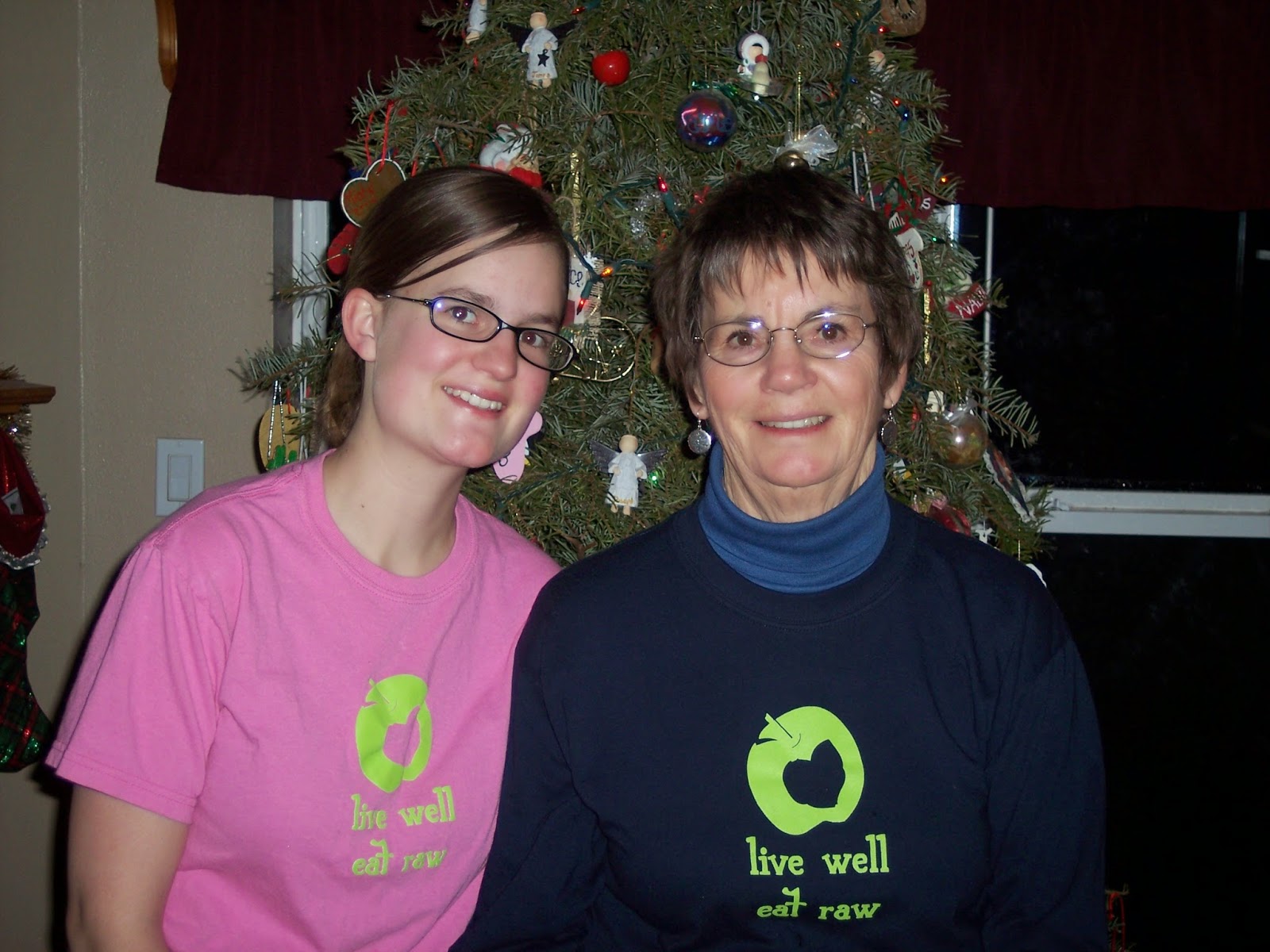These days our food is not only deficient in nutrients,
but also full of pollutants and farming chemicals. The modern process of denaturing foods via
heavy refining and chemical treatment deeply affects the life force of our food
supply, making it difficult to foster equilibrium and health.
Pesticides have been shown to cause cancer and liver,
kidney, and blood diseases. They create
extra work for our immune systems. They
accumulate in tissues, resulting in a weakened immune system, and allow other
carcinogens and pathogens to filter into the body and affect our health. Organic certification is assurance to the
public that products have been grown and handled according to strict procedures
without persistent chemical inputs.
I bring all this up, because, now that I have been eating
a high raw vegan diet for several years, I notice more than ever how much
healthier organic produce looks in the stores, how much better it keeps, and
what a bargain it really is, in spite of the fact that it costs a little bit
more than conventionally grown food.
And, yes, the fact that we now have to say “organic,” like it’s a
special and unusual request rather than the way the food was created in the
first place, leads me to speak out with some reminders about why opting for
“organic” is a smart choice for anyone concerned with individual, community, or
global health. Following are a few
reminders about the benefits of buying and eating organic foods.
1. It keeps chemicals off your plate. Pesticides are poisons are designed to kill
living organisms and thus are harmful to humans. Many of them were registered
and approved long before much research linked these chemicals to cancer and
other diseases. Organic agriculture is a way to prevent any more of these
chemicals from getting into the air, the water, and the food supply.
2. It protects future generations. Children are four times more sensitive to
exposure to cancer-causing pesticides in foods than adults.
3. It protects the water supply. More than half the country’s population
is using water which is pesticide polluted.
4. It promotes harmony with nature. Much of the three billion tons of topsoil
which is eroded each year from US croplands
is due to conventional farming practices, which often ignore the health of the
soil. Organic agriculture respects the balance necessary for a healthy
ecosystem, and wildlife is encouraged by including forage crops in rotation and
by retaining fencerows, wetlands, and other natural areas.
5. It saves energy and supports a true
economy. More energy is now used to
produce synthetic fertilizers than to till, cultivate, and harvest all the
crops in the US. While organic foods might seem expensive at first, remember
that your tax dollars pay for hazardous waste clean-up and environmental damage
caused by conventional farming.
6. It helps small farmers. Some large-scale farms are making the
conversion to organic practices, for sure.
However, most organic farms are small, independently owned and operated
family farms. Organic agriculture can be
a lifeline for small farms because it offers an alternative market where
sellers can demand fair prices for crops.
7. It promotes better nourishment and
flavor. Organic farming starts with
the nourishment of the soil, which then produces nourishing plants. Well-maintained and respected soil produces
strong, healthy plants that have more nutrients than conventionally grown
produce. Do the taste test yourself! Organic produce simply tastes better. End of story.
In recent months I have stepped up my insistence on
buying as much organic produce as I can, and am less and less willing to
compromise my health and the health of those around me with second class,
adulterated foods. Please consider joining me in the effort. The consumers demand the food they want to
put on their tables and in their lunchboxes, the more we will get it.









